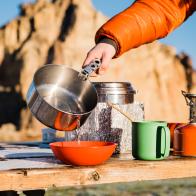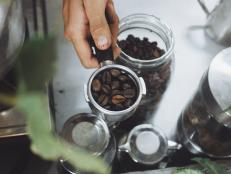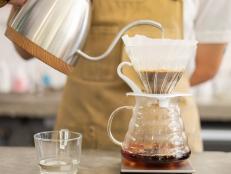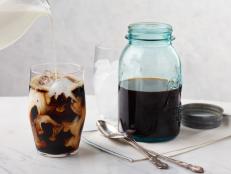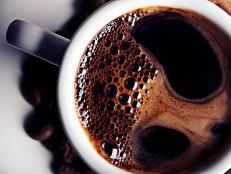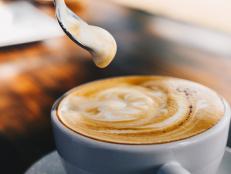Nutrition News: Fiber's Sleep Effects, Sugar Warning Labels, Coffee and Exercise
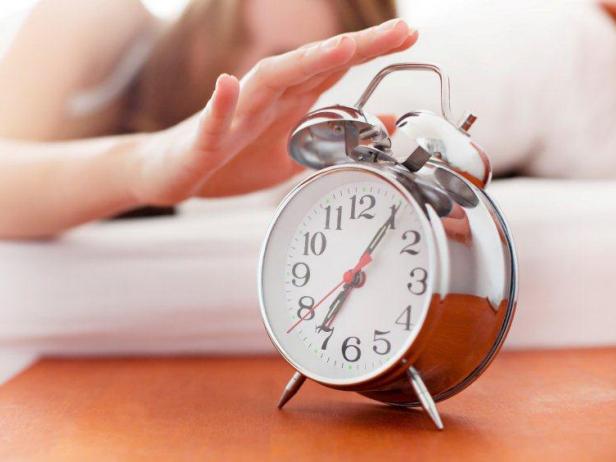
Looking for a good night’s sleep? (Who isn’t?) Try eating foods that are high in fiber. A new study, published in the Journal of Clinical Sleep Medicine, concludes that eating a high-fiber diet may correlate with sleep that is deeper and more restorative, with few interruptions — it's called “slow wave sleep” — whereas consuming a diet that is low in fiber and high in saturated fat and sugar has the opposite effect. What’s more, the researchers found, just one day of high-fat, low-fiber eating can negatively affect the quality of your night’s sleep. So you may want to lay off the buttery sugar cookies before bedtime — or have a high-fiber snack instead.
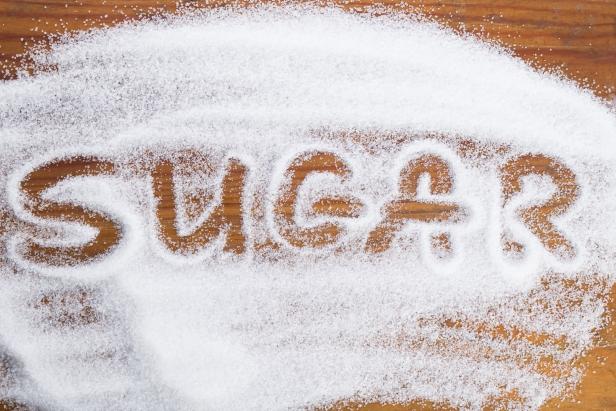
A little information can be a powerful thing — especially when it comes to the sugar content in beverages. When parents were shown warning labels letting them know that certain drinks (sodas, fruit juices, sweetened teas) contained added sugar, which has been shown to contribute to obesity, diabetes and tooth decay, they were 20 percent less likely to buy those drinks for their children, according to recent research. The results suggest that warning labels on sugary drinks — similar to tobacco warnings on cigarettes — could help people make healthier choices, researchers say. “There is still room for some basic education [about sugar in drinks,]” the study’s lead author, Christina Roberto, a professor at the University of Pennsylvania Perelman School of Medicine, told Time.
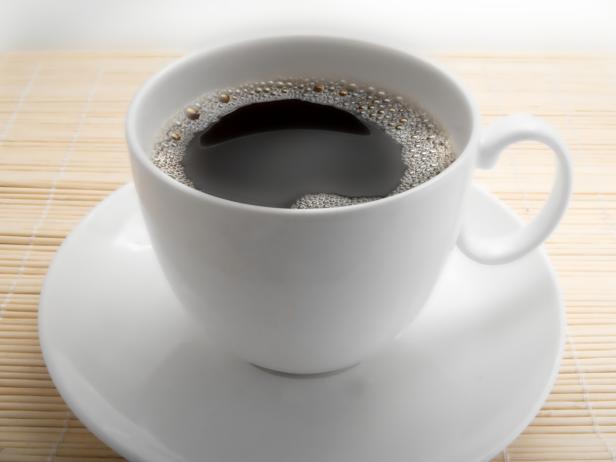
Jean-Francois Schmit
The secret to sticking to your New Year’s resolution to exercise more may be lurking in your coffee cup. A new study, published in the journal Sports Medicine, suggests that caffeine can help people stick to their fitness plans because it reduces the perception of effort during activities that require exertion. In other words, a cup of coffee may make working out seem less difficult and daunting — and make you more inclined to head to the gym instead of surrendering to sedentary activities like plunking down in front of the TV. Could be worth a shot — or, hey, a double shot.
Amy Reiter is a writer and editor based in New York. A regular contributor to The Los Angeles Times, she has also written for The New York Times, The Washington Post, Glamour, Marie Claire, The Daily Beast and Wine Spectator, among others, as well as for Salon, where she was a longtime editor and senior writer. In addition to contributing to Healthy Eats, she blogs for Food Network’s FN Dish.

















